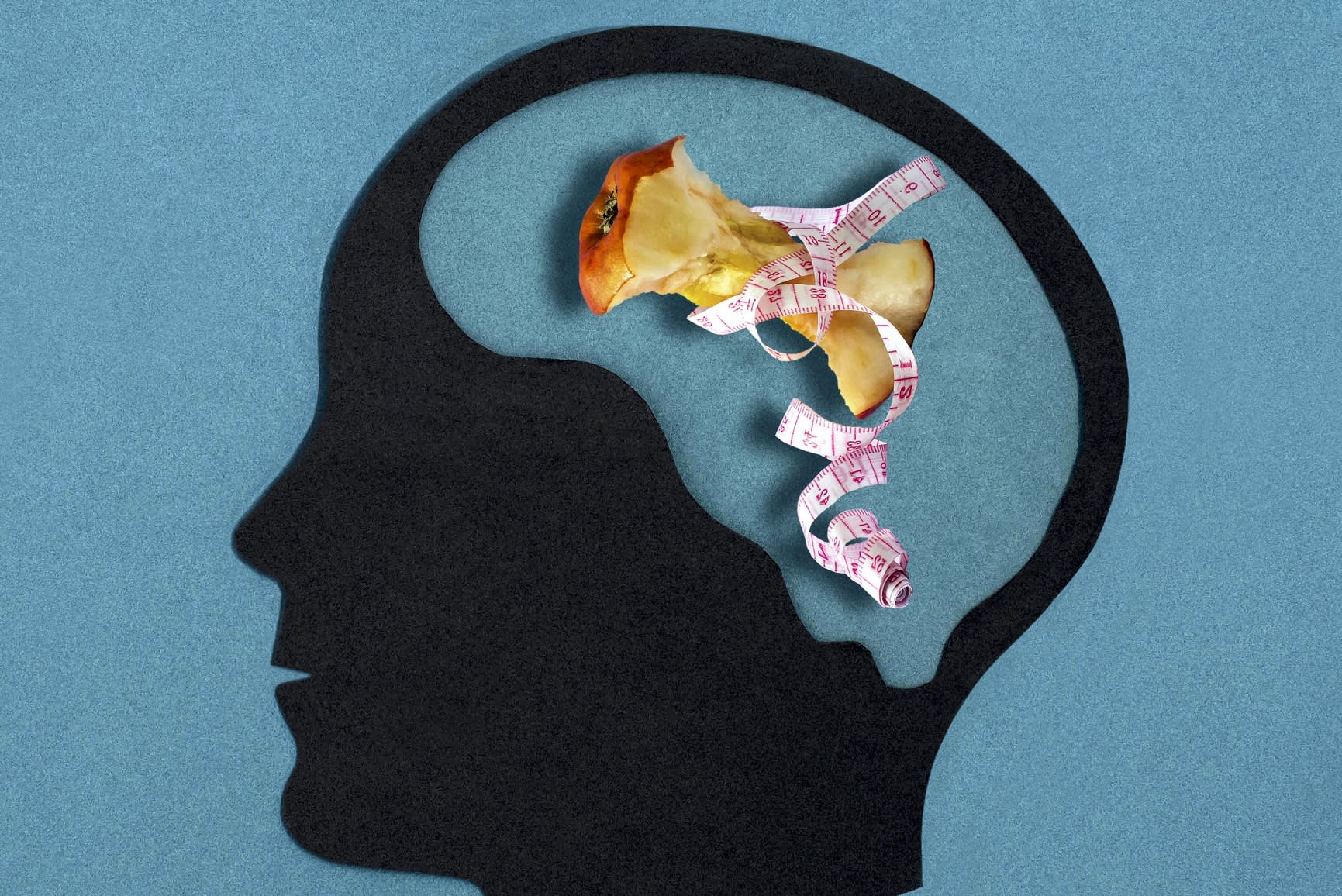
We all have to agree that the media has a significant impact on our daily lives; from the shows we watch to the music we listen to, and even the ads we see. However, these consistent messages can be detrimental to our mental health and cause us to develop a negative body image, leading to severe health issues such as eating disorders.
In this comprehensive guide, we’ll explore how the media influences the development of eating disorders and the steps you can take to prevent this from happening.
First, let’s understand what an eating disorder is
An eating disorder is a severe mental illness that affects a person’s relationship with food, their body image, and weight. Eating disorders can come in various forms, such as anorexia nervosa, bulimia nervosa, and binge eating disorder. According to research, the media can contribute to these conditions by glorifying thinness and promoting an ideal body shape that’s often unrealistic and unattainable.
Advertisements, social media platforms and fashion magazines influence eating disorders by perpetuating harmful stereotypes. In a world where thinness is seen as the ideal body type, it’s easy for people to develop negative body image and engage in behaviours that lead to an eating disorder.
The media portrays a message that you need to conform to a certain look to be accepted, and this pressure to be thin is felt by people of all ages, gender and cultures.
This is where a Health at Every Size (HAES) dietitian can help
HAES promotes positive body image and understanding that health and wellness is not about meeting a particular weight or size.
Moreover, the media also encourages unhealthy fad diets that can contribute to the development of eating disorders. The numerous diet plans that we see ads for promise quick weight loss and instant gratification – however, these diets can lead to long-term health problems and take a severe toll on both physical and mental wellbeing.
These diets also promote the false notion that one’s worth is solely tied to how much (and what) they eat. A HAES dietitian can help you understand that diets don’t work and to have a healthy relationship with food.
The media also promotes the use of products such as detox teas and waist trainers that claim to help you reach your ideal body weight within a short time frame. However, these products are harmful and promote a distorted view of health and wellness. Unfortunately, social media influencers and celebrities popularise these products, which can lead their followers to develop poor self-esteem and unhealthy habits. A Healthy at Every Size dietitian can help you achieve your exercise and wellness goals without trying to achieve a certain body type.
In summary, the media has a tremendous impact on the development of eating disorders
The constant message of needing to conform to a specific body type can lead to negative body image and unhealthy behaviours. However, with the help of a HAES dietitian, individuals can work towards a healthier mindset and promote positive body image.
Remember, everyone is unique, and your worth should never be attached to your weight or body shape. It’s time to realise that real health is about treating your body with kindness, love and respect, regardless of the media’s portrayal of beauty. So, let’s embrace the beauty of diversity and have a more positive outlook towards ourselves and others.
 Living With Healthy Hunger Health Blog
Living With Healthy Hunger Health Blog

